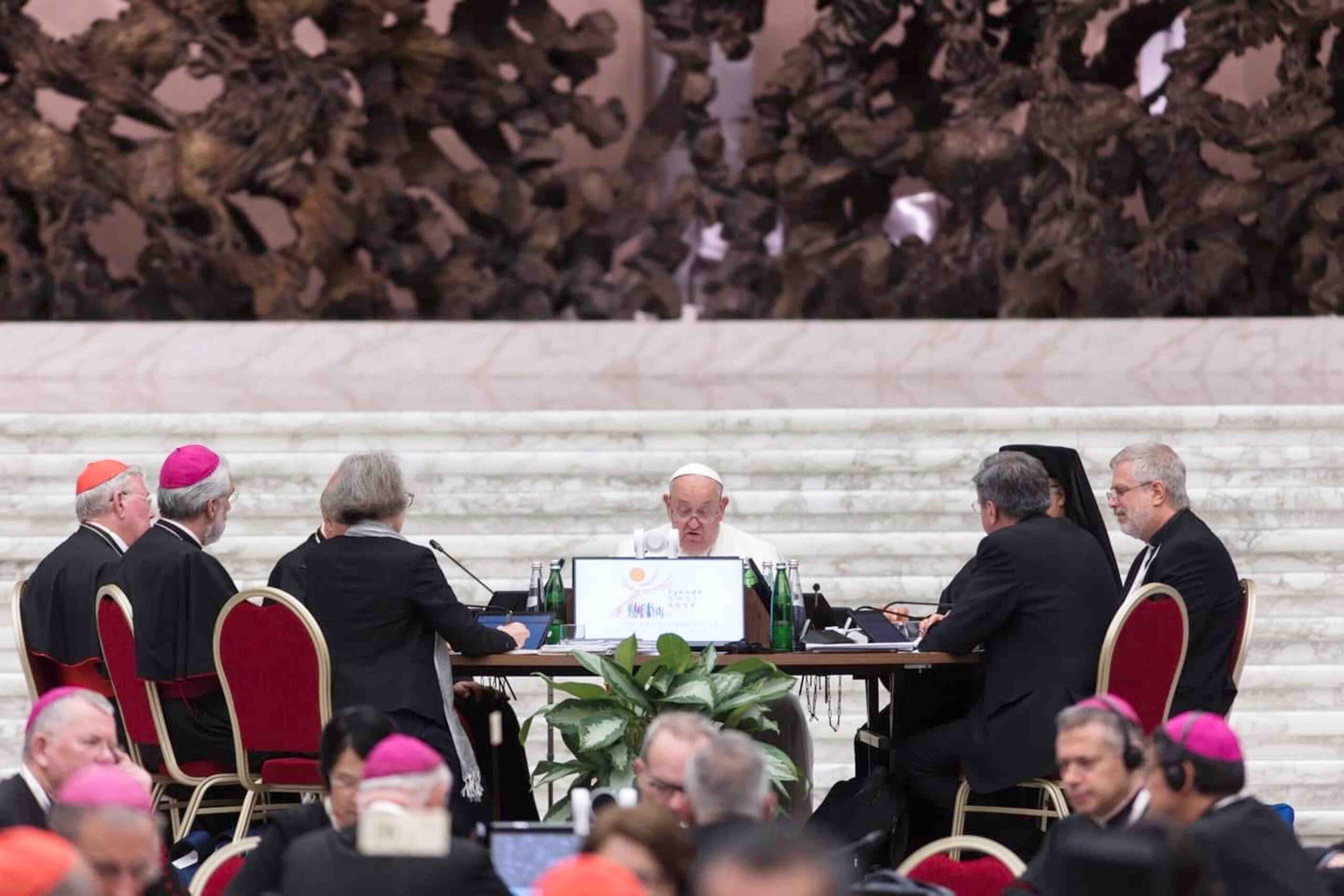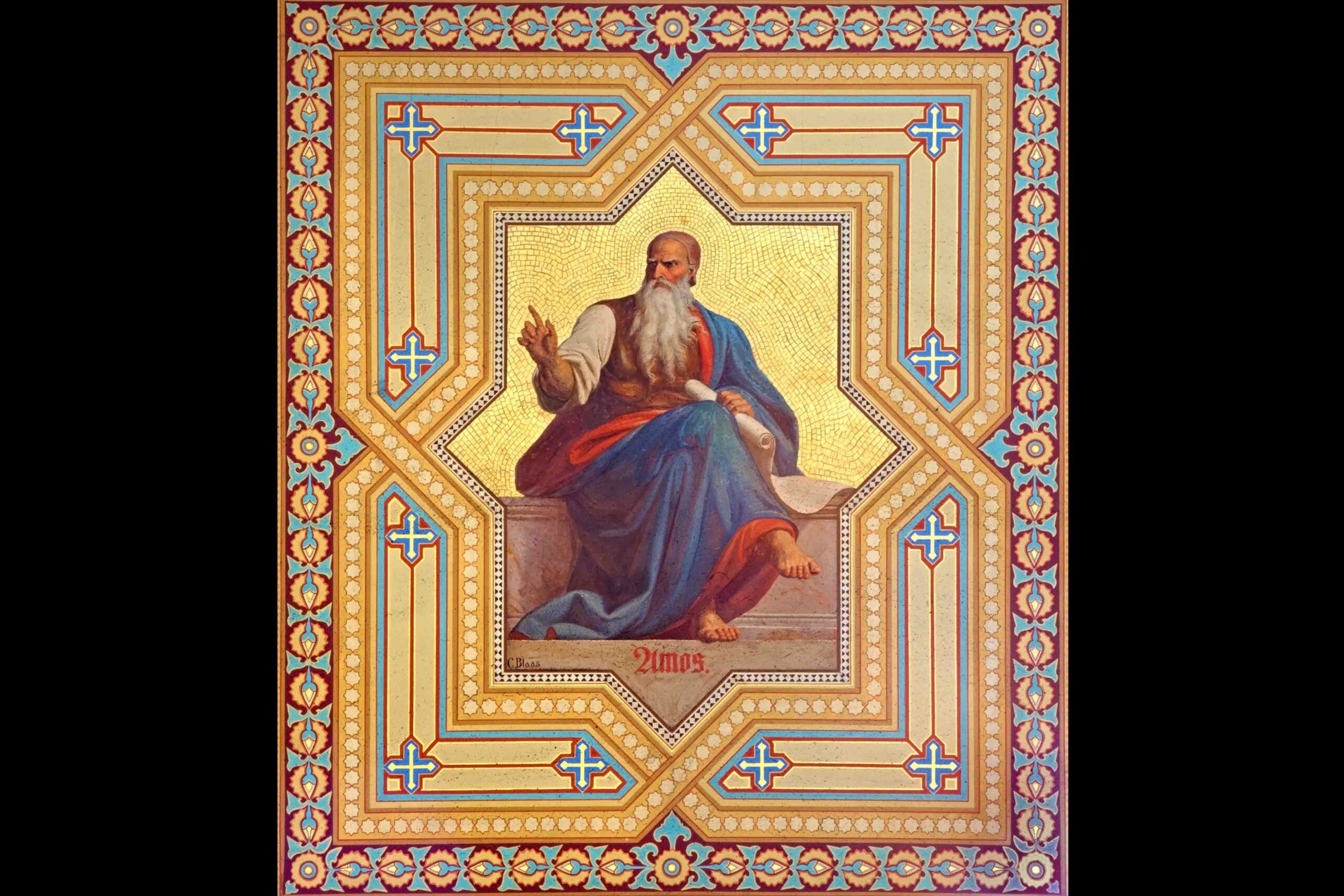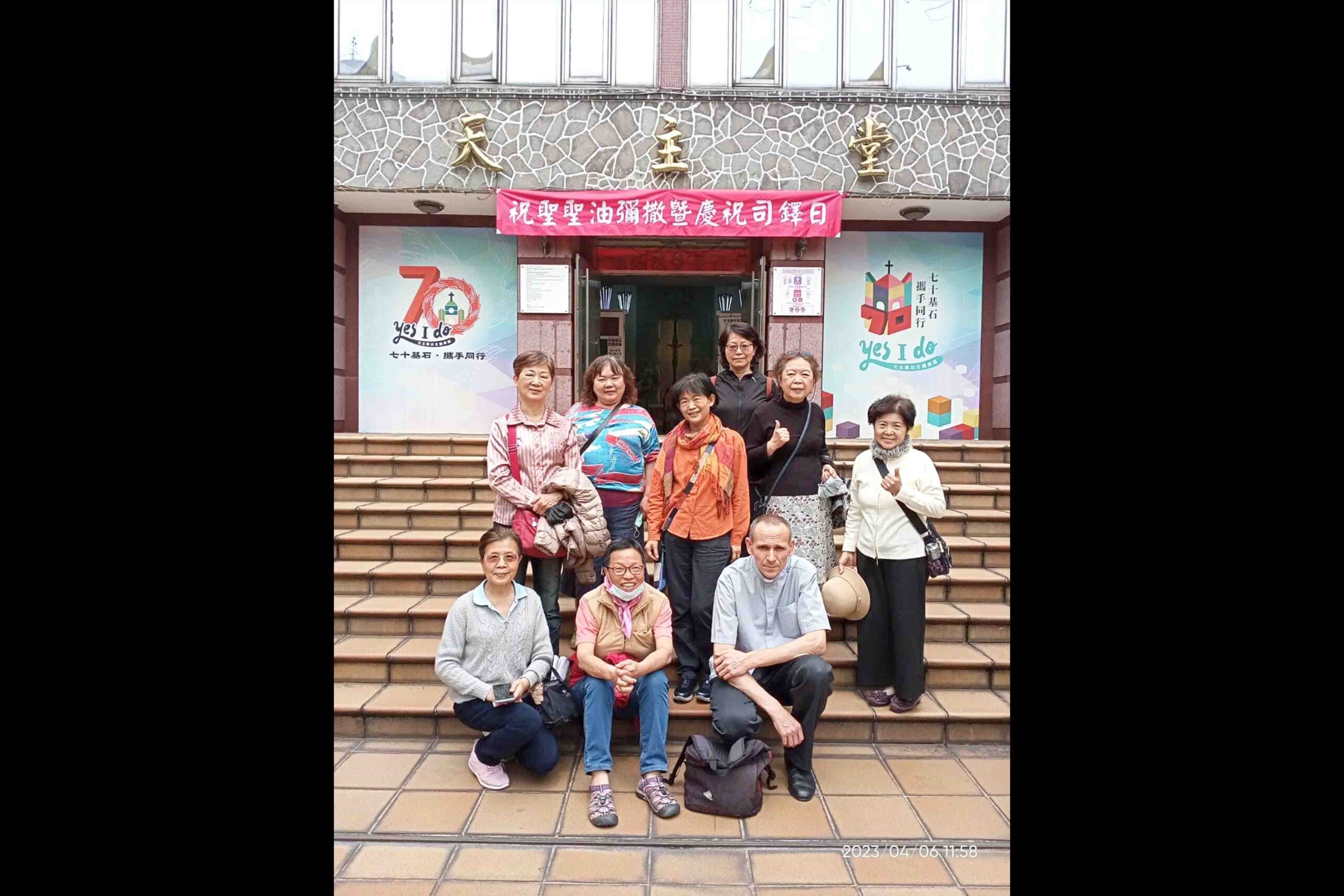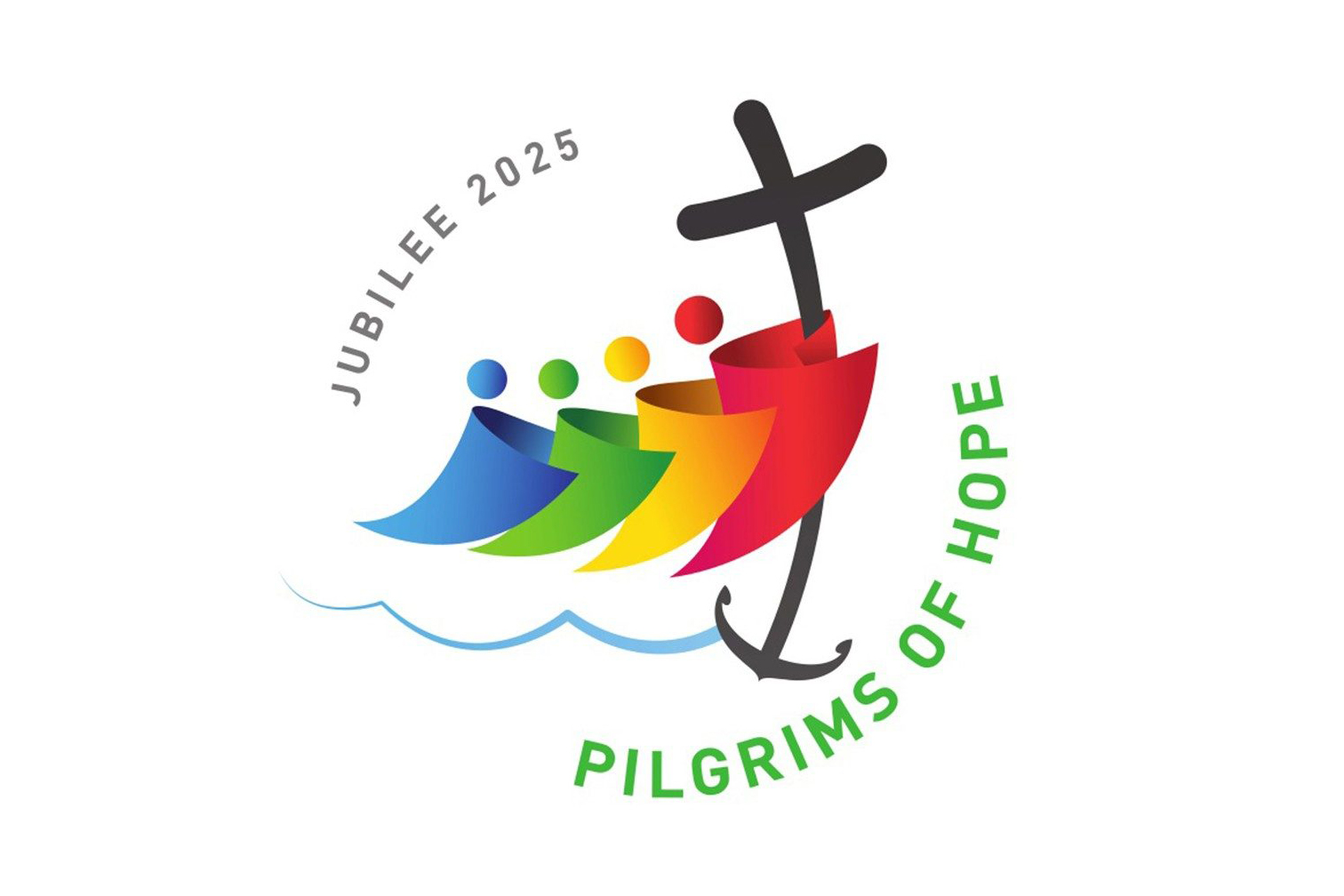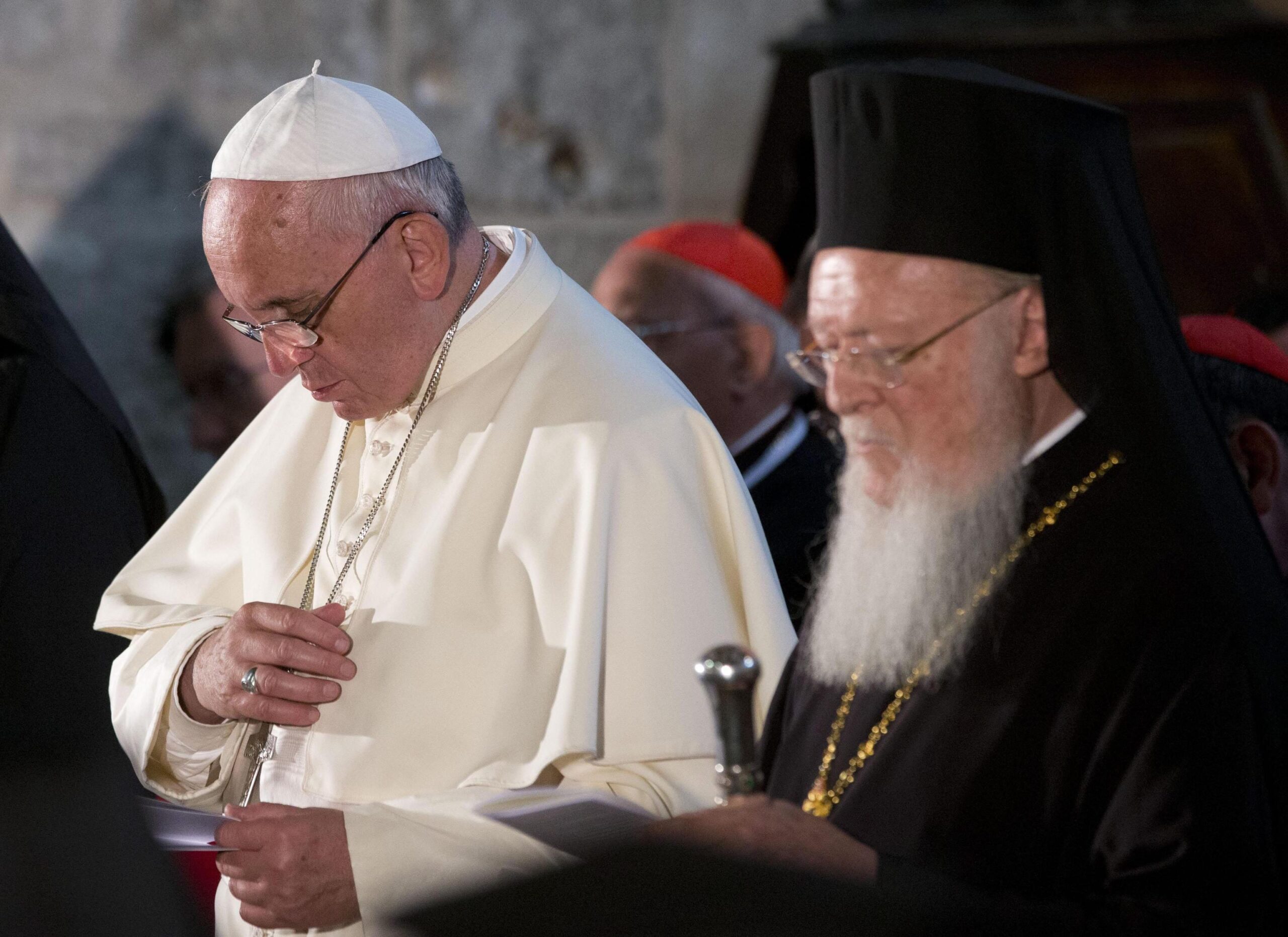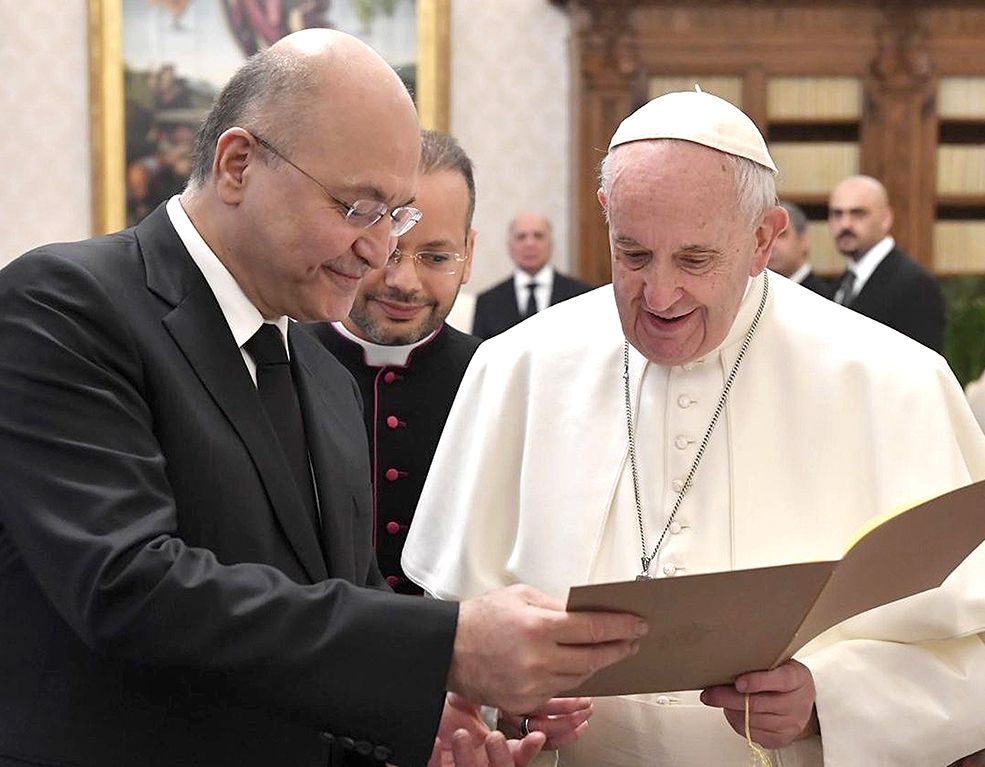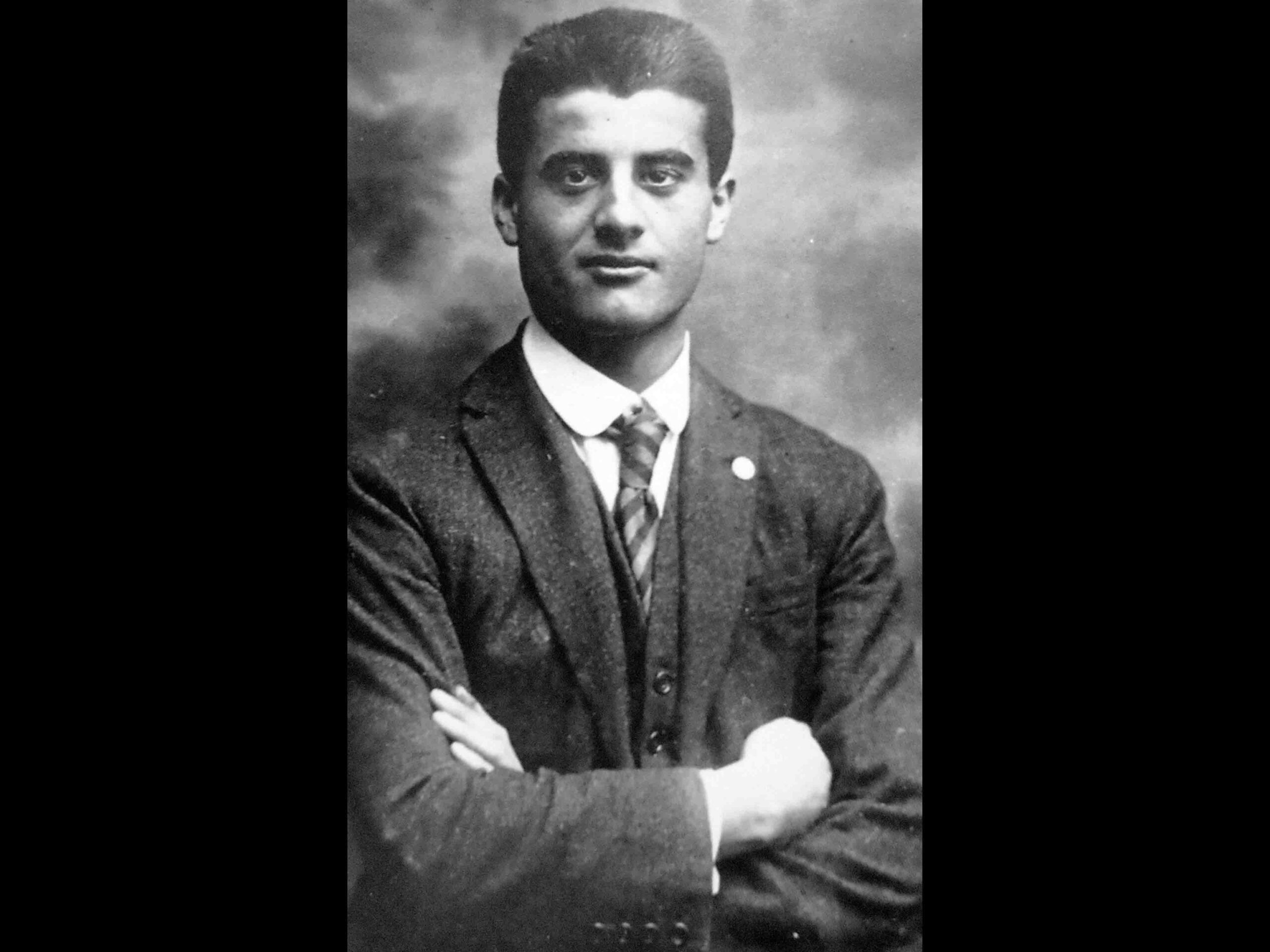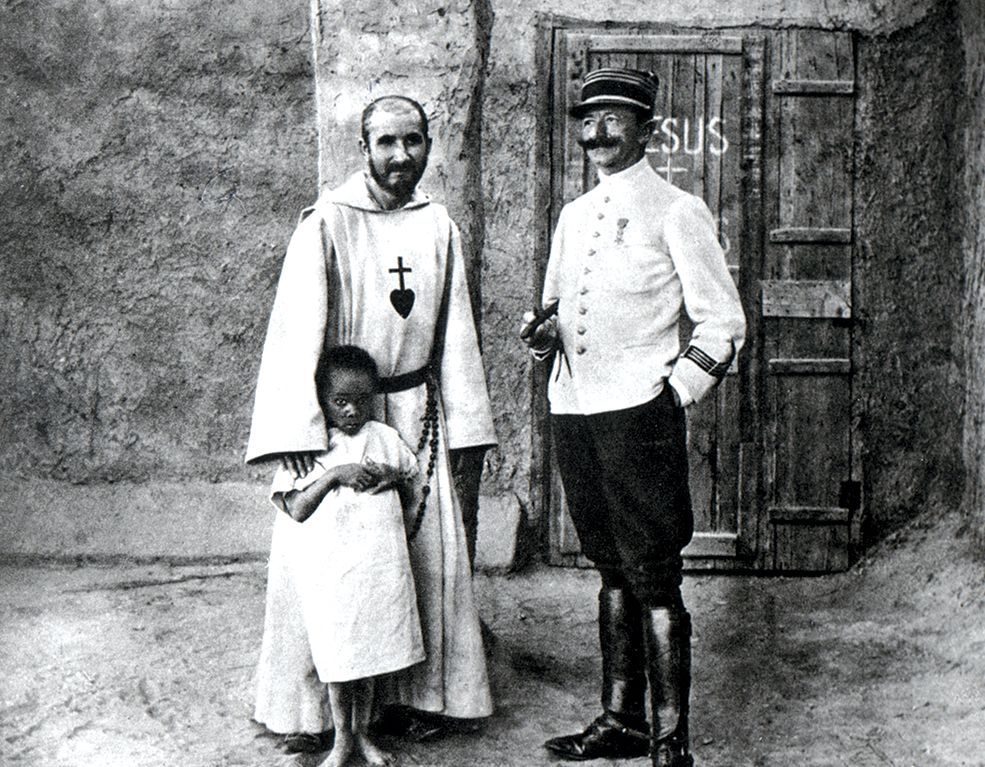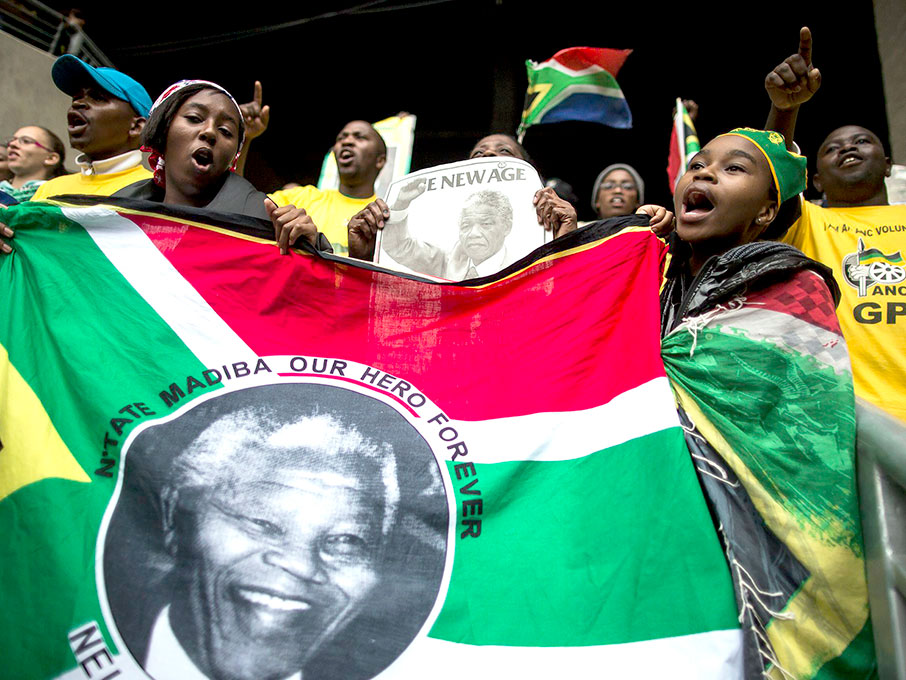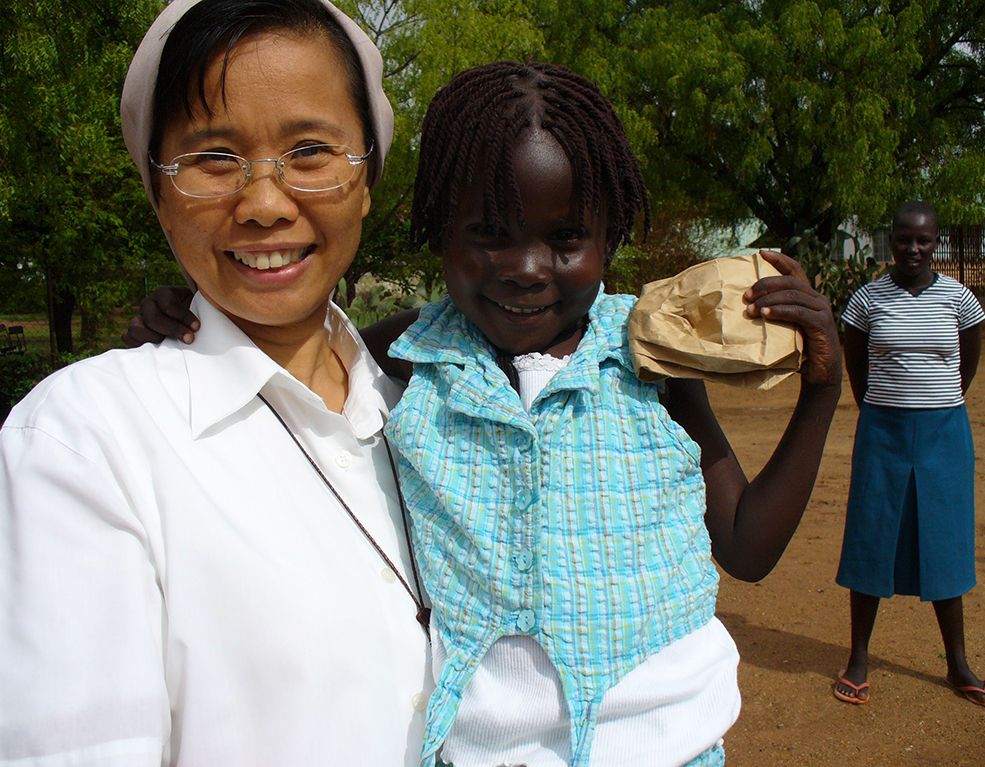Going to and from Manila, the country’s capital, can be physically and financially exhausting, especially for economically challenged patients from distant provinces to see their doctor for regular check-ups. But the good news is that the Missionary Sisters of the Immaculate Heart of Mary (ICM) in the Philippines offer accommodation to patients while seeking medical services in the country’s capital, where healthcare is seen as better and more advanced than in the rural areas.
For a donation of only P100 a day per head, the patient and his or her companion can stay at the congregation’s Saint Joseph Transient House on Banawe Street in Quezon City. The P100 donation per head daily covers the bed, breakfast, lunch, and dinner.
“But if they have nothing to share, we do not insist and still offer them accommodation,” said Sr. Marina Badian, a member of ICM. “They help us do the cleaning in our house for free in return.” Badian also said patients could stay in the dorm until they completed the medical check-ups, which could take months or years.
Some patients from distant provinces in the archipelago have been staying in the dorm for the past months and even years. A mother and her patient child have been staying in the dorm for more than five years now since they arrived in December 2018, and they are currently the longest occupants of the congregation’s dormitory.
RENDER A SERVICE
The child who has an imperforate anus and developed kidney issues must regularly see the doctor for a check-up. “Eventually, we asked the mother to manage the transient house,” Badia said. “She currently supervises the patients in the transient house. We also give her some remuneration for her services.”
This child, who arrived at the transient house at the age of one, now goes to a school near the congregation’s central house in Quezon City. The transient house has been their residence since they arrived from Bohol, an island province more than 900 kilometers southeast of Manila.
The mother, who manages the transient house and its occupants, calls emergency hotlines when a patient must be taken to the hospital. “We arrived here in December 2018,” Joegicel B. Amiscal, the 31-year-old mother, said in Pilipino. “It’s a big help for us who face financial difficulties.” Her seven-year-old daughter was only one year old at the time. They came from Bohol. Her daughter now goes to school and is regularly checked by doctors.
Due to their financial situation, the sisters decided to not ask for any donation for their stay. In return, Amiscal offers free services for the dormitory and the sisters. She goes to the market and cooks the food for the patients. They cook using firewood from the trees in the central house compound and the school campus the congregation runs.
While staying in the transient house, the patients can earn money. “We also do some activities here, like making doormats and pillows,” Amiscal said. She said the patients staying in the transient house use empty wrappers to make pillows and old clothes in weaving doormats.
Sometimes the patients show the doormats and pillows they made to visitors, Amiscal shared. Some visitors buy doormats and pillows. Fifty percent of the sales go to the patients, the other half for their expenses in the dormitory.
STAYING LONGER
“Before the pandemic, the number of occupants reached thirty-four,” Amiscal relates. “The patients came from different provinces, like Palawan, Bohol, Samar, and other distant provinces.” Some of the patients stay longer in the transient house, others for a shorter period, Amiscal adds. The patients consider the accommodation for a P100 donation as a big help.
“The P100 donation covers the breakfast, lunch, and dinner,” Amiscal explains. “The P100 is barely enough to pay even for breakfast only if you stay in other places.” The water and electricity are also free. The patients can bring transistor radio, although the transient house has television for its occupants.
In 2022, the sisters met an orthopaedic patient and his wife outside the congregation’s house on Banawe Street in Quezon City during the pandemic. The congregation’s house is near the Philippine Orthopaedic Hospital, a government-owned hospital that serves as a center for trauma and orthopaedics.
The couple came from Masbate, an island province more than 700 kilometres southeast of Manila, where the man was hit by a truck. They had nowhere to go. So, the sisters invited them to stay in the transient house.
The patient received assistance, and he underwent an operation for a steel implant. They returned to Masbate in 2023 after the operation. “But after a few months, they texted that the steel was broken and asked for assistance,” Badian narrates. The sister initially sent them P4,000. Then they asked them to come to Manila. And since the man and his wife could not afford the fare, the sisters shouldered their travel expenses.
“Today, the patient is in the transient house,” Badian said. “He is waiting for the doctor to see him.” The patients occupying the transient house are grateful to the sisters for allowing them to stay. “It’s a big help for patients like me who came from a far place,” Romehiyo Mahait, 59 years old, said in Pilipino. “It’s our second time here [in the transient house].
Mahait was on the side of the road in Masbate when the tire of the truck broke apart and hit him, leaving his leg broken. He has been staying in the dormitory of the congregation for the past four consecutive months. He is from Masbate, an island province more than 700 kilometers southeast of Manila by land and water.
He broke his leg in a road accident during the height of COVID-19 pandemic. But the operation on his leg was done a year after the accident due to the restrictions imposed by the government as measures to curb the pandemic.
“I am waiting for the doctor,” he said in Pilipino. “I think I will undergo another operation. The steel implant in my leg was broken.” He was requesting assistance due to their financial difficulties. However, not all the patients staying in the dorm can afford to donate P100 per day since most of them are economically challenged. Yet, the sisters still offer them accommodation.
As a token of gratitude, the patients render free services to the congregation, like cleaning the central house and its surroundings, watering the plants, and doing other things for the nuns. “At present, the patients staying in the dorm come from Palawan, Bohol, and other provinces,” said Sr. Marian Badian, a member of ICM. “The patients have different medical conditions.”
COOL ENVIRONMENT
The patients enjoy the cool environment at the dorm, which is surrounded by trees. The shade the trees provide to the dorm invites the patients to enjoy the outdoors. The transient house has been offering accommodation to patients for the past many years now, Badian said. It was established after the nuns doing ministry in the provinces saw that some patients in local communities had nowhere to stay in Manila.
Badian estimated the transient house was founded by the sisters about 40 years ago. The transient house offers accommodation to the patient and one companion. In some cases, the transient house allows the patient to have two companions.
At times, the GMA Network sends patients to the transient house, Badian said. Patients coming from Mindanao, Masbate, Mindoro, Ifugao, Palawan, and other distant provinces had stayed in the transient house, Badian said. Non-government organizations, priests, nuns, and friends of the sisters refer economically challenged patients from the provinces to the transient house.
The congregation was founded by Mother Marie Louise De Meester, a Belgian nun, in India in 1897. It was brought to the country by no less than De Meester herself together with a professed nun and two novices in 1910. Over the decades, they established schools and communities across the country.
They also established medical clinics from as far as Kalinga-Apayao in northern Philippines to Jolo, Sulu in the south. As its main ministry, the congregation has been instrumental in educating thousands of young people in the Philippines for over 100 years.
Having seen poverty in rural and urban areas, they launched scholarship programs for economically challenged students. The congregation’s scholarship programs have produced teachers, engineers, accountants, social workers, medical practitioners, and other professionals in the past many years.










